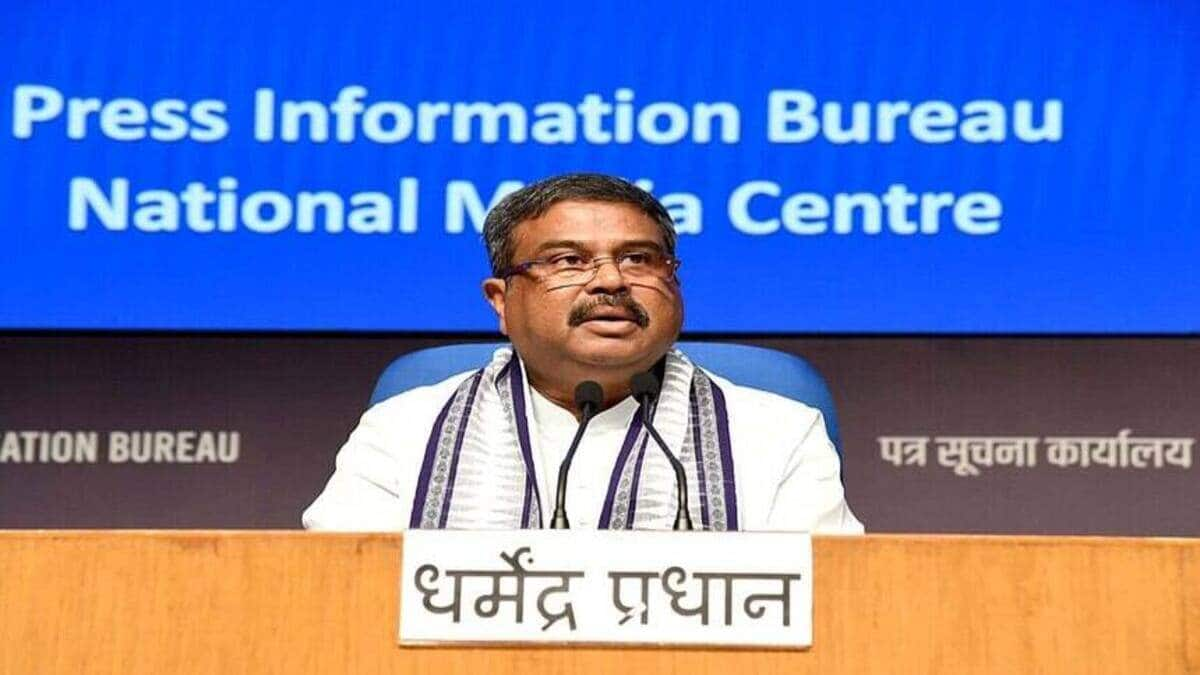NIRF to introduce negative marking for retracted papers, poor quality research
Press Trust of India | October 3, 2025 | 04:06 PM IST | 2 mins read
NIRF Rankings 2025: The tenth edition of the ranking was announced by Union education minister Dharmendra Pradhan.

NEW DELHI: The National Institutional Ranking Framework (NIRF) will soon introduce negative marking for several parameters, including retracted research papers and citation of tainted papers, according to officials. The tenth edition of the NIRF was announced by Union Education Minister Dharmendra Pradhan.
Since its inception, the NIRF has never had negative weightage. Anil Sahashrabudhe, chairman of the National Board of Accreditation (NBA), the agency managing the NIRF, said the framework would introduce negative marks for retraction of research papers by journals.
"For the first time, penalties are being formally stitched into the ranking methodology to act against research malpractice and misrepresentation of data. The negative marking system will soon be declared and draft norms are being readied," he said.
Also read NIRF Ranking 2025 Overall: IIT Madras retains top spot for 7th time, IISc Bangalore in second place
NIRF evaluation
The NIRF evaluates institutions across five broad parameters: teaching and learning, graduation outcomes, research, outreach and perception. With over 8,700 institutions participating in the 2024 cycle, its results have become a widely referenced barometer for students, recruiters and policymakers.
In many institutes, a large number of research papers are getting retracted over a period of two to three years. The credibility of these institutes is an issue. Unless we give negative marks, people will not correct it With rankings like the QS, Times Higher Education and NIRF, not taking retractions into account for scoring, many institutes were climbing the ladder despite alarmingly high retractions from their research wings.
This was also highlighted in a public interest litigation (PIL) filed before the Madras High Court in April, which questioned the transparency of ranking systems like the NIRF. The PIL stated that the NIRF rankings were calculated "merely on data provided by the educational institutes on their website, without any verification or auditing".
The court issued an interim stay on the rankings, which was later lifted after the Centre stepped in, saying a "scientific method" prescribed by an expert body was being followed for publication of the NIRF ranking list.
Follow us for the latest education news on colleges and universities, admission, courses, exams, research, education policies, study abroad and more..
To get in touch, write to us at news@careers360.com.
Next Story
]NAAC grades to be replaced by binary system, One Nation One Data to end multiple agency submissions: Chairman
NAAC executive committee and NETF chief Anil Sahasrabudhe talks about the hub-and-spoke research model, NIRF rankings, low participation in accreditation, KLEF row, penalties for false data, and more
Aeshwarya Tiwari